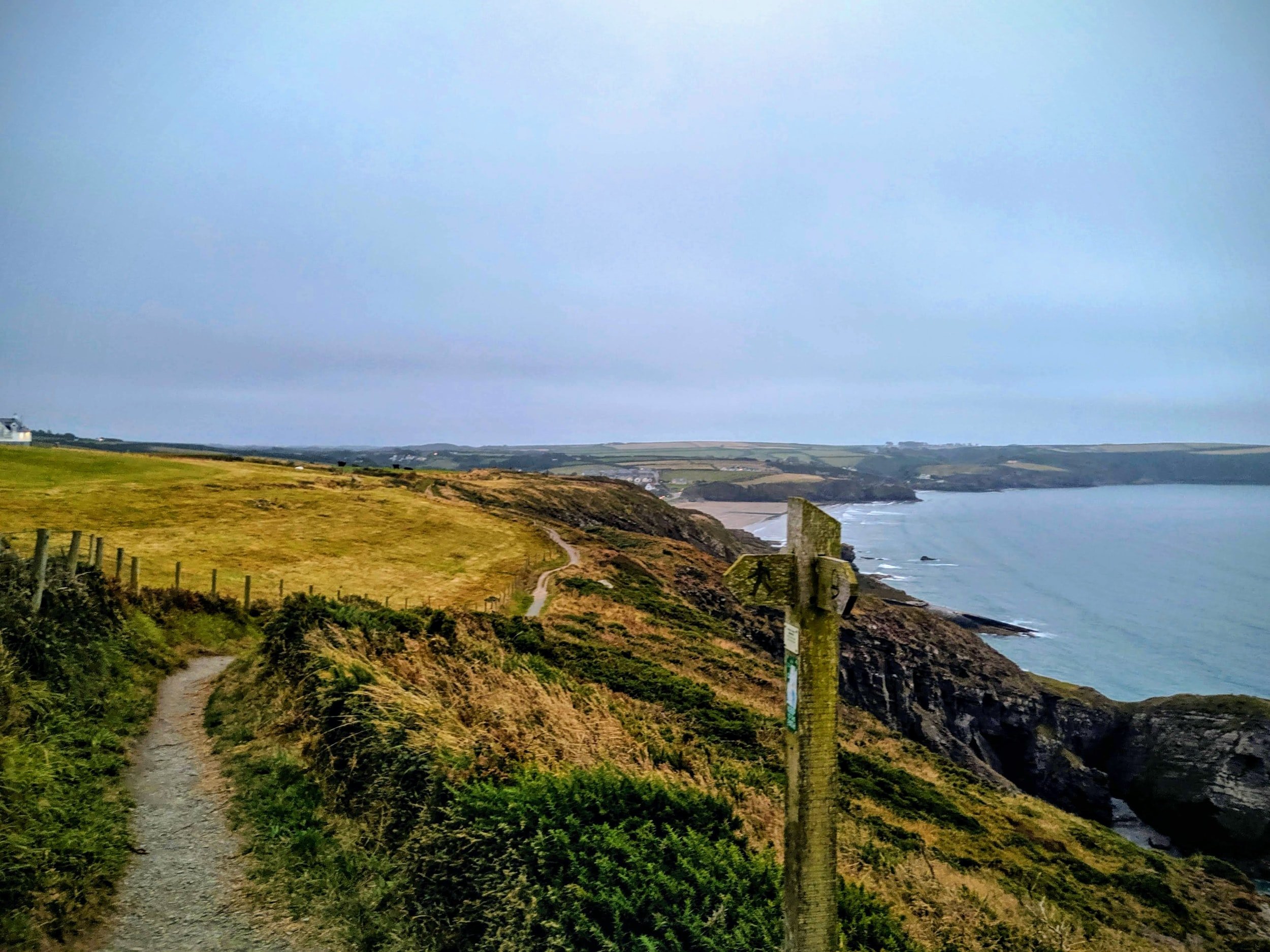Nature doesn't need us, we need nature!
Author: Ian Taylor
Read time: 4minutes
Check out this awesome video ⟶
Flooglebinder curate educational adventures to create change for people and planet, which includes audits, workshops and residentials. As a BCorp organisation we use business as a force for good, meet the highest standards of verified performance, accountability and transparency, whilst tracking and monitoring our social and environmental impact.
Biodiversity: we hear this word a lot these days but only a few of us know what it means and even less understand why it’s important. Actually, biodiversity is the most important word on the planet! Without it there no is humanity, nothing else matters because there simply won’t be anything to matter about.
But it’s easy to get lost down this road though big punchy statements assuming we all know why we should care. Imagine all the plants, trees, insects, mammals, birds, reptiles, amphibians in the world and times them by all their interactions and there you have it that’s the complete version of biodiversity!
Broken down you can start to understand its complexity, focus on one particular animal, for example, the beautiful Asian elephant. We have all seen one of these, right? But, have you seen one that is truly wild? That for me is connecting with nature, the understanding that your interaction is with something that is free.
This 2.5-4tonne wrecking machine that likes to roam far and wide is so important for its habitat. They actively help regenerate forest areas (through seed dispersal and allowing new vegetation to grow) they provide invertebrates with food whilst fertilising the ground (their dung). Birds also benefit because when the elephants walk through the long grass some bird species (Cattle egrets) catch all the insects that are being disturbed.
Let's fast forward 50 years and all the wild elephants are gone. Nature will have to evolve at a really stretched rate. Tie that in with urbanisation, deforestation and population increase and we simply get in the way but we are learning. We are starting to understand their behaviour which provides the solution.
In short, plant a load of orange (citrus) trees around your land and design routes for the elephants to roam and you reduce the human/elephant conflict, which in Sri Lanka is the biggest elephant killer. Set up stations where locals and internationals can learn about them first hand and you create positive awareness about a majestic species that can be free with an ever-growing human population.
https://dynamicecology.wordpress.com/2016/01/20/biodiversity-and-pizza-an-extended-analogy/
This flagship species is very well known so with the focus of trying to highlight the variety of importance biodiversity holds, let's look at something random like a vampire bat. Did you know that its saliva has the potential to be a vital ingredient in Stroke medication?
I mean, we have gone from a huge elephant to a small little vampire bat. When you start losing areas of forests, jungle, coral and mangroves we lose these species and their interactions and therefore we lose the very library of life with it. Plants and animals equate to ¼ of all known medicines, they protect coastal zones and feed us and allow us to have jobs and build technology based on their anatomy.
They clean our air for us!
O and did I mention that they allow us to breathe too - so when you start losing them...we lose. Let's treat nature like it's our most treasured storybook or better yet like our newborn child.
































